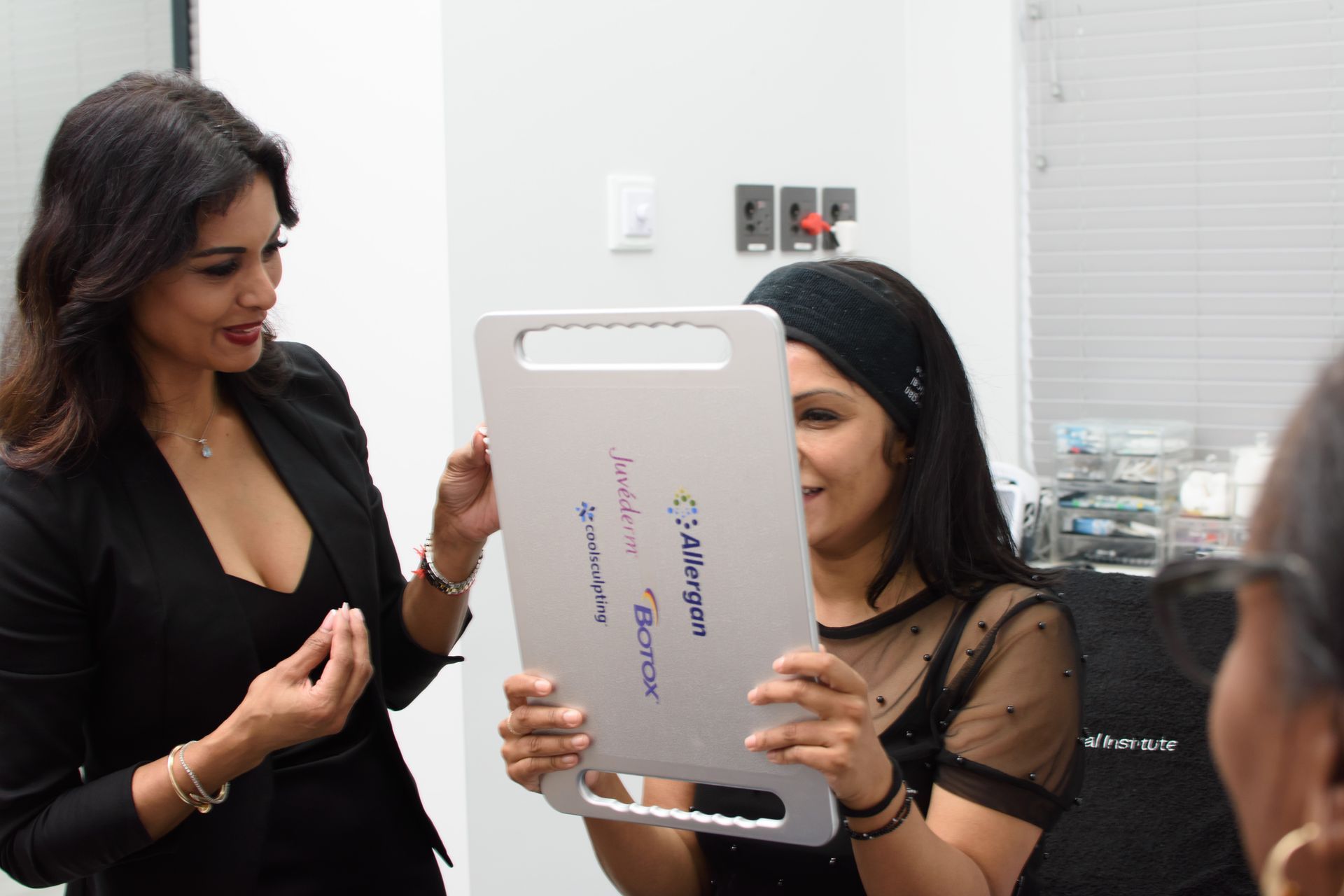Decoding Diabetes: Unveiling the Causes, Symptoms, and Effective Treatments for this Silent Health Threat
Diabetes is not just a medical diagnosis; it’s a growing health crisis affecting millions globally. This chronic condition alters how your body converts food into energy, signaling a mismanagement of insulin, the hormone responsible for blood sugar regulation. As awareness rises, it's crucial for everyone—whether diagnosed with diabetes or not—to understand its causes, symptoms, and treatments. Dr Harisha Karpath uses this knowledge to empower al individuals to enhance health management and improve quality of life.
What is Diabetes?
Diabetes mellitus, commonly referred to as diabetes, is primarily classified into two types: type 1 and type 2 diabetes.
- Type 1 Diabetes: This autoimmune condition emerges when the immune system attacks insulin-producing cells in the pancreas, leading to minimal or no insulin production. It typically develops in children or young adults, which is why it is often called juvenile diabetes.
- Type 2 Diabetes: This type accounts for about 90-95% of all diagnosed diabetes cases. It generally occurs in adults and is closely linked to lifestyle factors like obesity and inactivity. In type 2 diabetes, the body develops resistance to insulin or produces insufficient insulin.
Both types necessitate careful management by your doctor to avoid significant health complications, such as heart disease or nerve damage.
Causes of Diabetes
Understanding the causes of diabetes is crucial for effective prevention and management.
Type 1 Diabetes
The exact reason for type 1 diabetes remains uncertain. However, factors believed to contribute include:
- Genetic Predisposition: Family history can increase the likelihood of developing type 1 diabetes. Research indicates that up to 30% of those diagnosed have a relative with the condition.
- Autoimmune Disorders: Sometimes, the immune system mistakenly targets the insulin-producing beta cells in the pancreas, resulting in little or no insulin being available.
Type 2 Diabetes
Type 2 diabetes is often linked to lifestyle choices. Some leading causes include:
- Obesity: Overweight individuals, particularly those with a high concentration of fat around the abdomen, face a significantly increased risk of developing type 2 diabetes. Studies show that obesity increases the risk by 20-40%.
- Physical Inactivity: A sedentary lifestyle contributes to weight gain and higher insulin resistance. Regular activity can help reduce risk.
- Unhealthy Diet: Excessive intake of sugars and refined carbs can cause spike in blood sugar, which may lead to diabetes over time. A diet high in these foods is associated with an increase in type 2 diabetes risk.
- Age: The likelihood of developing type 2 diabetes rises with age.
Symptoms and Signs of Diabetes
Early detection of diabetes can significantly improve health outcomes. Recognizing the symptoms is key to timely intervention.
Common Signs of Diabetes
While symptoms may vary from person to person, typical signs include:
- Frequent Urination: An increase in urination often occurs as the body tries to eliminate excess glucose from the bloodstream.
- Excessive Thirst: This results from the dehydration caused by frequent urination, leading to a constant feeling of thirst.
- Increased Hunger: Because the body struggles to use glucose effectively for energy, it can trigger persistent hunger sensations.
- Fatigue: Cells unable to absorb glucose can lead to feelings of tiredness and low energy.
- Blurred Vision: High blood sugar may affect fluid levels in the eyes, resulting in blurred vision.
- Slow Healing Wounds: Diabetes can impair the body's natural healing process, making wounds heal slower due to poor circulation.
It's important to note that many individuals, especially those with type 2 diabetes, may not show noticeable symptoms in the early stages.
Effective Treatments for Diabetes
While diabetes has no cure, several treatment options exist to help manage the condition effectively.
Lifestyle Changes
Implementing lifestyle changes is often the first line of defense against diabetes. Here are some essential strategies:
- Healthy Diet: Prioritize a diet rich in whole grains, fruits, vegetables, lean proteins, and healthy fats. Studies suggest that a well-balanced diet can lower blood sugar levels by 30% or more over time. Limiting processed foods and sugars is crucial.
- Regular Exercise: Aiming for at least 150 minutes of moderate-intensity aerobic activity each week can improve insulin sensitivity. Activities like brisk walking, cycling, or swimming can effectively lower blood sugar levels.
Medications
In some instances, lifestyle adjustments may not suffice, and medication becomes necessary.
- Insulin Therapy: Essential for those with type 1 diabetes and sometimes required for type 2 diabetes. Insulin can be delivered via injections or an insulin pump.
- Oral Medications: Many medications—like metformin, sulfonylureas, DPP-4 inhibitors, and GLP-1 receptor agonists—help manage blood sugar levels in type 2 diabetes effectively.
Monitoring Blood Sugar Levels
Routine monitoring of blood sugar levels is vital for effective diabetes management. This practice allows individuals to see how their food choices, exercise, and medications affect their blood sugar.
Professional Support
Working with healthcare professionals, including our doctor, Dr Harisha Karpath, dietitians, diabetes educators, trainers to assist with an exercise regime and psychologists can provide personalized insights and management strategies.
Empowering Your Health Journey
Diabetes is a significant health issue that impacts millions worldwide. Understanding its causes, symptoms, and potential treatments is vital for effective management.
Through awareness and proactive lifestyle changes, individuals can grasp their health and reduce the risk of complications related to diabetes. If you suspect you or someone you care about may have diabetes, seeking medical advice from our general practitioner Dr Karpath is essential for proper evaluation and care.
With the right support and commitment, it is entirely possible to live well with diabetes. By transforming lifestyle habits and gaining a deeper understanding of this condition, individuals can lead fulfilling lives while effectively managing diabetes. We will help you embrace this journey toward better health and foster a supportive community in Ballito for those navigating this challenge.




